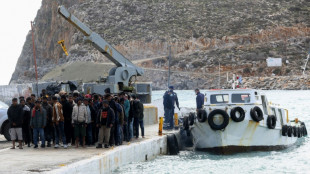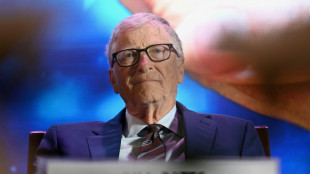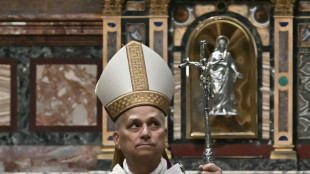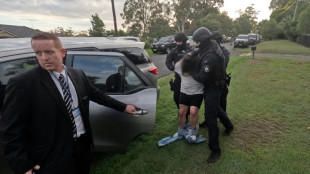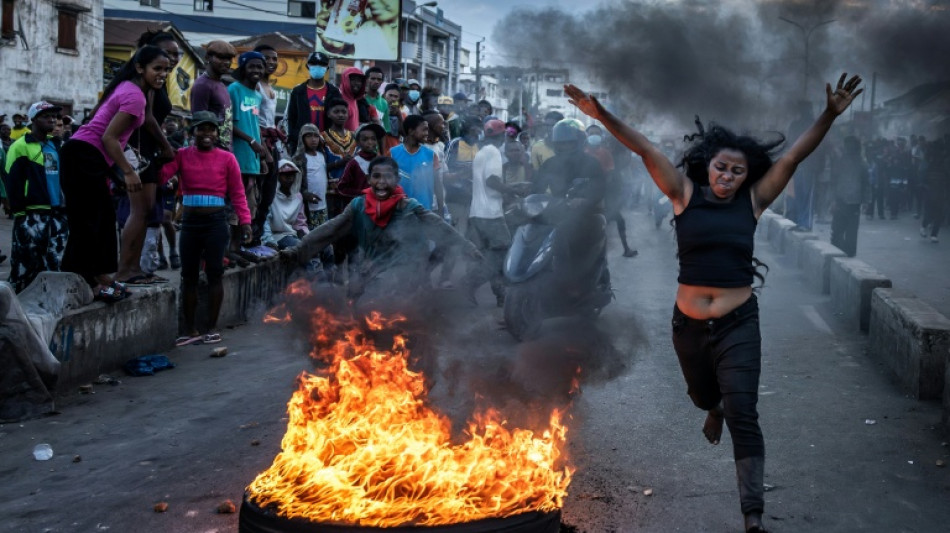

UN calls on Madagascar to avoid unnecessary force against protesters
The United Nations on Friday called on Madagascar authorities to avoid unnecessary force against protesters, a day after clashes with police at a youth-led rally in the capital, where deadly unrest has rumbled for two weeks.
Antananarivo was calm on Friday, with parts of the city still cordoned off by security forces, AFP journalists saw.
But a day earlier police had fired tear gas and rubber bullets on thousands of demonstrators, part of the "Gen Z" movement against the government ignited by anger against power and water shortages in the impoverished Indian Ocean island.
At least six people were injured and AFP reporters saw a man left unconscious on the ground after he was chased and severely beaten by security forces, who also used armoured vehicles to disperse the crowds.
"We're receiving troubling reports of continued violence against protesters by the gendarmerie," the UN's human rights office said in a post on social media Friday.
UN rights chief Volker Turk "renews his call on security forces to desist from unnecessary force and to uphold the rights to free association and peaceful assembly," it said.
Madagascar's security forces on Friday said they had taken "strict measures" as they claimed the protesters aimed to "terrorise the population" and "incite looting".
Conflict monitoring group ACLED said the month of September saw the second highest level of protests in Madagascar since it began collecting data in 1997, surpassed only by a surge before the 2023 vote.
The United Nations said on September 29 that at least 22 people had been killed in the first days of protests.
President Andry Rajoelina has disputed the toll, saying on Wednesday that there were "12 confirmed deaths and all of these individuals were looters and vandals".
Twenty-eight protesters have been referred to the prosecutor's office for formal charges, their lawyers said on Wednesday.
Five are in pre-trial detention in Tsiafahy prison, a jail described by Amnesty International as overcrowded and "hellish".
Rajoelina initially adopted a conciliatory tone and sacked his entire government in response to the protests.
But he has since doubled down, appointing a military officer as prime minister on October 6 and picking the first members of his new cabinet from among the armed forces, public security and armed police, announcing that the country "no longer needs disturbances".
T.Cortez--RTC
